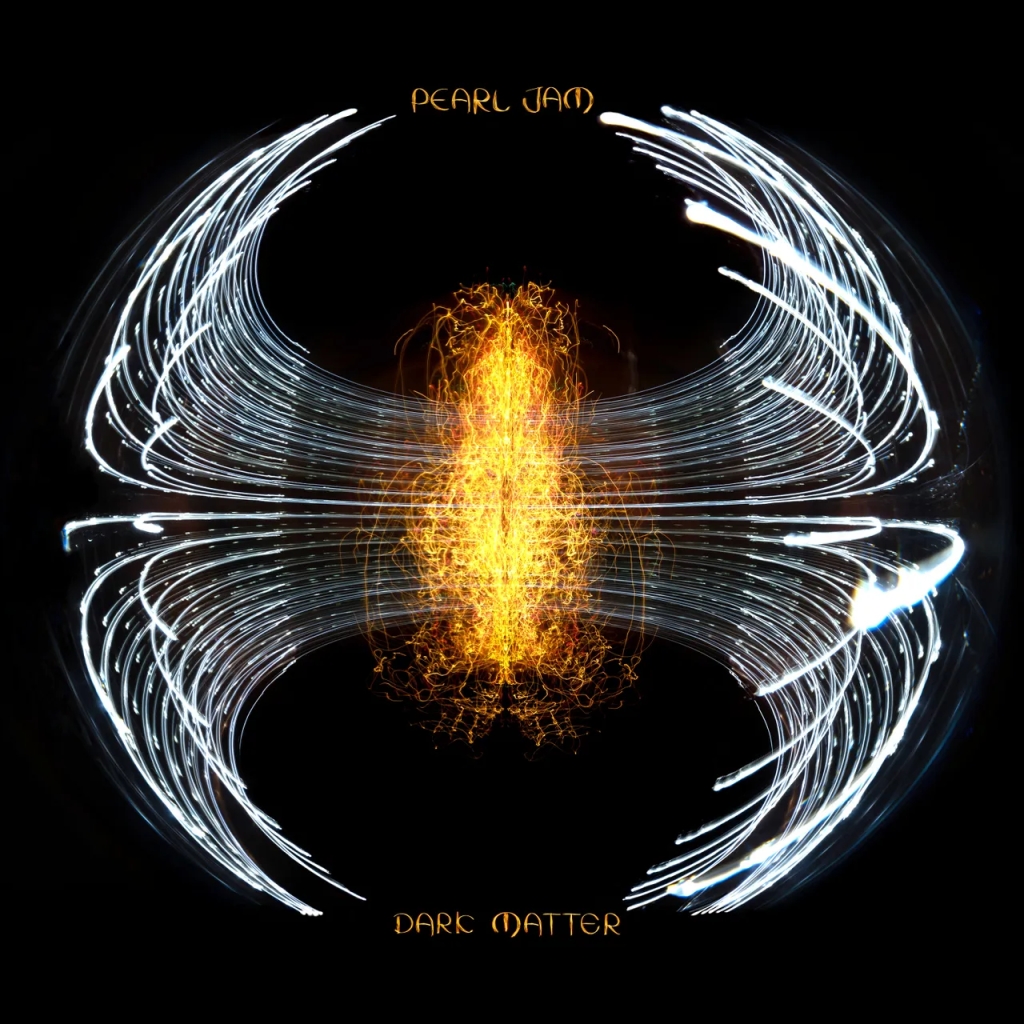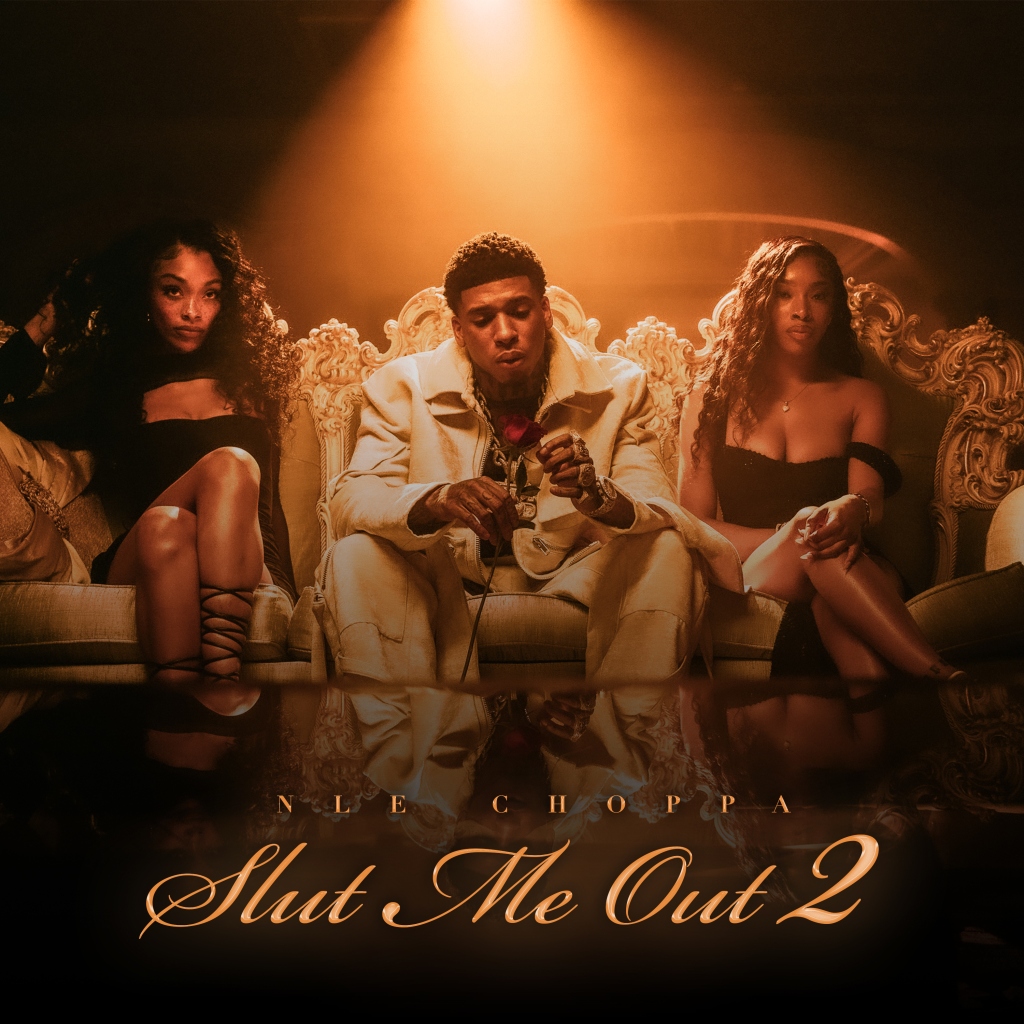By Kiah Easton, Columns Editor
[Photo by Kiah Easton]
The DIY music scene in Athens, Ohio, provides a crucial launching pad for various art forms and alternative lifestyles. Although the Athens scene is small, the movement reflects a broader trend toward artistic freedom, sustainability and independence, resulting in far-reaching impact.
The local youth subculture is embracing the DIY mentality and taking action to create an environment that encourages artistic productivity, creativity and support. Musical events and house shows hosted by people in the DIY scene weave a network of like-minded individuals connecting, performing and uniting together to create a platform outside of traditional paths to success. The scene actively promotes the cultivation of diverse skill sets and benefits that are central to artistic success, from artistic development to firsthand career experience.
Artist Development and Momentum From DIY Participation
For developing artists, making their art known to the world and gaining a local following are some of the most essential elements to thrive in a scene. Through informal organization and promotion of art, the DIY scene serves as a testing ground for them. The scene not only allows artists to discover their sound but also learn their craft in a real-world setting.
Keith Rankin, co-owner of Orange Milk Records, a musician and visual artist, learned how to shape his sound to fit live performances by performing in DIY settings. “In a live setting, I learned that if I left my music sparser, it feels better,” Rankin says. “Performing revealed the nature of music in different settings. From that, I got a general sense of growth as a musician.”
Traditional music venues can act as gatekeepers to the music scene, while DIY scenes help to bridge the gap between starting as an amateur and professionally entering the industry. Without the low-pressure, informal scene, fewer musicians would progress through the first steps. “The DIY scene is super necessary for artists just starting out, as well as artists that don’t fit into traditional scenes,” Galen Tipton, a musician and visual artist based in Southeast Ohio, says.
Artists who oppose mainstream ideals within their music and identity face additional levels of industry gatekeeping. Because Tipton composes experimental art, which mainstream audiences can often reject, the DIY scene has created a safe space for her. “It gave me so much room to experiment and figure out what I wanted to do and how I wanted to do it,” she explains. Tipton, who identifies as queer, also mentions that “queer scenes end up heavily overlapping with DIY scenes.”
Despite also playing outside of the DIY scene, Tipton still appreciates the supportive environment. This multifaceted support has contributed to her ability to develop the substantial following, record deal and artistic career that she holds today. “I’m still figuring it out,” Tipton says. “Having that safe space to just do whatever and have everyone be down was really liberating.”
In addition, local fans who have made connections through DIY performances and events also help pave the way for artists to succeed beyond their local scenes. Jack Hampton, an Athens DIY organizer and musician, saw immediate support for his new band, Kaiba, with the help of the notoriety of his previous band, Sweat Workers.
Sweat Workers’ local following through the DIY scene helped them develop and strengthen a relationship with booking agents at Athens’ renowned live venue, The Union. “Kaiba has played at the Union already, and we are booked for another show,” Hampton says. “That’s because of the momentum from Sweat Workers; we already had a relationship with the bookers at The Union. They trust and like us, so they will book us.”
He also organizes shows at his house, The New Happiness — one of Athens’ most established DIY venues. Despite being active for only three years, the venue is well-known across Ohio and even as far as New York. Bringing in touring bands from across the nation, The New Happiness is an example of how DIY culture can foster national connections.
In a similar vein, Athens DIY serves as more than a testing ground for artists; those pursuing art-adjacent careers such as artist management and promotion use the DIY scene to develop skills and industry experience. Jane Kardoztke and Jennifer Kash, both pursuing careers in artist management, founded JAcKDUP, a DIY booking agency in Athens. Organizing and hosting over 12 events, JAcKDUP built a name for themselves in the scene.
“I’ve always wanted to be an artist manager, but I realized over time that I don’t quite have the resources, and I’m not fully prepared to be a manager yet,” Kardotzke says. “I kind of just fell into promotions; I figured out that I could put on my own shows and create my own experiences because the DIY scene makes it so possible and accessible.”
With the momentum and connections generated by participating in the DIY scene, JAcKDUP has worked professionally for the city of Athens, booking the nationally recognized Halloween Block Party. Kardotzke and Kash plan to carry the experience they gained from the DIY scene into their future professional lives. “[Kardotzke’s] end goal was in professionalism and a career in music,” Kash says. “The DIY scene was the easiest place and platform to start doing it herself and gain the experience to get to that place.”
DIY Mentality and its Relation to Art and Alternative Careers
With a larger goal than shedding light on local art, DIY is a mentality that’s increasingly essential in today’s individualistic society. Behind the mentality is a drive to create, regardless of the traditional skills or abilities one may have. For Rankin, the DIY scene taught him to work without external instruction or guidance. “[The DIY mentality] prepared me to be in the mindset that if I have something I want to do, I just find the time and learn to do it,” Rankin mentions. “I learned how to do things without someone guiding me through it.”
DIY participation encourages artistic pursuit without external guidance. “Growing up not going to school and being a part of making music and art, being involved in that scene made it way easier for me not to lose motivation without direction from someone else,” he adds.
By acquiring diverse skill sets, artists can precisely express themselves to the fullest. For instance, Tipton’s sound is groundbreaking and honest to her vision. “I mix and master everything myself and either make myself or have a hand in all of my artwork,” she describes. “Being able to do as much as possible is pretty crucial to me. The less barriers I have on my expression, the better. Limitations just inspire me to overcome and grow.” Art, as a whole, would otherwise suffer from the loss of direct expression that comes directly from the artist.
A person who is actively creating and living within a DIY community can directly translate their DIY-derived skills into careers, according to the article “The Entrepreneurial (Straight) Edge: How Participation in DIY Music Cultures Translates to Work and Careers,” by Sociologists Andy Bennett and Ross Haenfler. Although typically considered to be oppositional to career paths, DIY activity often acts otherwise, increasing one’s marketability as a versatile employee in an oversaturated industry.
As Bennet and Haenfler note, “The scene encourages several dispositions beneficial to entrepreneurship and ‘conventional’ work: self-reliance and strong work ethic, adaptability, confidence and tolerance for risk.” This holds true for Kash’s involvement with JAcKDUP. “I really feel like my education [at Ohio University] didn’t start until we were doing [JAcKDUP] together; we learn so much every show that we do and every day that we work on stuff together,” Kash says. “We have meetings every day at 11 a.m., just because there is so much we need to do and so many side projects going on.”
Furthermore, DIY not only helps one’s marketability within the traditional job search but outside its limits as well. In the same way that those in the DIY scene create events, art and platforms, people in the DIY state of mind can also create alternative careers.
Rankin, who dropped out of high school during his sophomore year, has few credentials on record but managed to become a multimedia mastermind and entrepreneur, which substitutes the need for traditional employment. With fellow musician and friend Seth Graham, Rankin started Orange Milk Records based in Columbus, Ohio. Its origin comes from their desire to take action and create alternative paths to success. “Seth and I had our own albums that we wanted to put out,” Rankin says. “We were also aware of artists putting out music on tape in this synth and noise scene — we basically just wanted to be plugged into that scene.”
Years later, Orange Milk is massively influential within certain sub-genres of music and art. With little previous administrative skills, Rankin and Graham had to learn how to run a record label as they went. Through skills learned from operating in DIY, they were able to adapt and shape Orange Milk into what it is today. Additionally, Rankin supplements his salary with his commissioned artwork. A more creative and unconventional lifestyle is viable due to his wide skill set.
Moving Forward with DIY
It’s imperative to acknowledge the effect of DIY communities on people in the arts, both locally and globally. The Athens DIY community is active and supportive in creating and promoting art, allowing artists to develop, gain followings, experiment, network and fine-tune their skills. Beyond the local element, every small scene ties into an overarching DIY scene connected by a common mentality along with our connected digital age.
Outside of dingy basements, people are connecting across the world and crowdsourcing skills and support online from those with similar aspirations and motives. Tipton has collaborated with a wide host of artists on her projects, as a result of partaking in a larger DIY scene online, while Rankin also credits much of his development as an artist and creator to interacting in DIY communities online.
Although often thought to be an underground movement, DIY is a powerful and integral force in driving the art world forward. The scene builds a solid foundation for artists and creative movements that eventually enter the mainstream. “There are a million different little communities. Each one is like a testing ground for mainstream culture, essentially,” Rankin says. “Certain things bubble up, and other things don’t. It’s almost like the cycle of culture itself. You need these small communities to put in the work of just experimenting and laying out ideas and then people grab from them and pull them up into mainstream culture.”
Without the DIY culture, art would suffer in communities from all walks of life. Locally, musicians and artists would be stunted, not only by the struggle of getting a foot in the door of their respective scenes but creatively through an increased reliance on industry-sanctioned paths and the select few with “professional skills.” The expression would change culturally as well. With more access to resources for creative production, DIY methods are increasingly important in diversifying oneself and leading an individualistic lifestyle that contributes to the artistic world.
Art is paramount to the human experience, and DIY culture is a manifestation of our universal need to create. Anyone with an interest in expression should participate in their local DIY scene. DIY is the foundation of expression, facilitating a larger world of art enjoyed by all.
Support your local scene.





Leave a comment